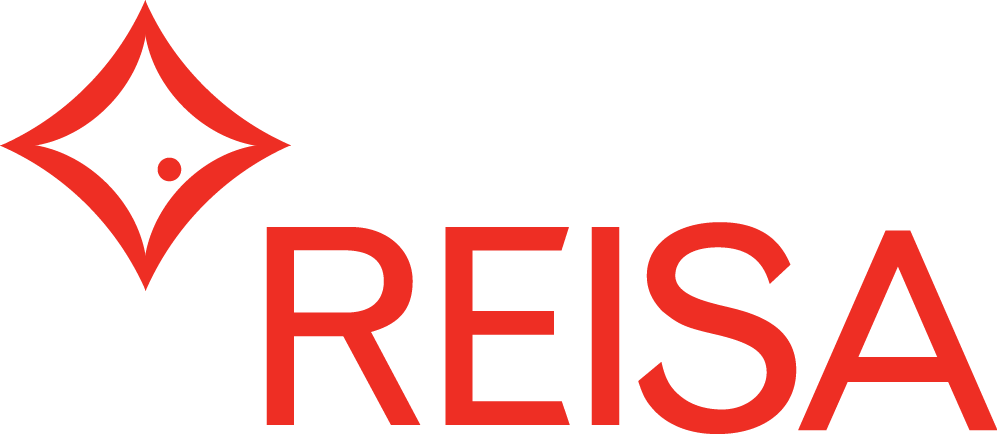Determine Borrowing Power
It is highly recommended that homebuyers organise their finances before making an offer on a property or bidding at auction. This will ensure that as a purchaser, you can make an offer or bid with confidence.
Your financial institution or mortgage broker will be able to advise on the amount they are prepared to lend you and then calculate the regular repayments. When considering the loan offer, you should be confident that you can comfortably make the regular repayments.
Bear in mind that variable interest rates can move up and down, so you need to have a bit of flexibility to accommodate any changes. Remember to also plan for future commitments or a change in circumstances.
A deposit needs to be paid when buying a property, so it is important to make sure that you have your finance in place to cover this cost before making an offer or bid. A deposit is generally 10% of the purchase price.
If you are a first homebuyer, your bank or lending institution will inform you of any concessions and benefits you may be eligible for such as the First Home Owner Grant (FHOG). You may also be eligible for the First Home Bonus Grant. For further information regarding these concessions and eligibility criteria, visit the Revenue SA website - www.revenuesa.sa.gov.au
There are a number of other costs associated with buying a property that you must take into account when setting your budget and organising finance. These include legal/conveyancing fees, stamp duty, loan application fees, insurance cover and pro-rata adjustments for services, such as council and water rates.
To assist consumers with real estate queries, REISA operates a free information service – REISA Query Connect on free call 1800 804 365, between the hours of 9.00am to 4.00pm each weekday. This service is staffed by knowledgeable real estate professionals with many years of practical experience.




